Downloadable: A Different Light –27th May 2023 – So what is in this year’s budget for Disabled people
Due to the extortionist increase in food prices and the insidious creep of mortgage interest rates ‘budgets’ have become the buzz. The big Budget came out the other day and, thank goodness, it wasn’t the Mother of All Budgets but was instead touted as the No-Frills Budget. I remember I used to have to do a fair bit of research – (get out the magnifying glass!) – to ascertain what was in NZ budget for the disability sector. This year the budget’s offerings for the disability sector have been covered widely by media outlets including Stuff, Radio NZ, and E-magazines from the likes of NZ Doctor and Human Resources Director. This is in addition to the self-congratulatory media releases from the Beehive and Whaikaha (the new Ministry of Disability). The media coverage in itself is good news. It means that not only that disability is now news worthy (not in the usual sense of a “charity case” or an individual overcoming their disability by doing remarkably well despite blah blah), but disability is making headway into the political landscape as a cohort to be reckoned with.
So, what is in this year’s budget for disabled people? Well, first off there is $863.6 million to help ease cost pressures on Government disability support services. It is hard to know at this stage where this pool of money will be allocated. It is, however, good to know that the increased demand for disability supports is being recognised.
Our relatively shiny new Ministry of Disability Whaikaha has been allocated $21.1 million to extend their capability and capacity in the areas of voice, partnership, communication, and culture.
Total Mobility services also gets a nod. The budget will make the half price fares available under the Total Mobility service a permanent feature. Now this confused me somewhat. Total Mobility is a scheme that provides disabled people who can’t use public transport a half price subsidy for taxi rides. I thought if disabled people have always had a half price discount. So why is this being made permanent such a revelation? I contacted Anita Child who oversees Total Mobility services in Northland on behalf of the Northland Regional Council. She explained that, yes, disabled people already receive a 50% discount on taxi fares. When the government announced a half price fairs on public transport for a limited period of time, it was extended to Total Mobility services. This meant that disabled people got a further 50% reduction on the already half price subsidy, which equates to a whopping 75% reduction on normal taxi fees. Anita said “This is fantastic news for people across the country, and in the Northland region, for our disability community to access cheaper travel, to get out and about more often, we 100% fully support this.” Yay- a win!
The new budget did cop some criticism from the sector. Disability advocates have expressed their great disappointment that the Child Disability Allowance that hasn’t increased for years has remained unchanged. Disability advocates point out that looking after a disabled child is a very costly business.
One of the biggest takeaways from the 2023 budget for disabled people was the announcement of the ending to the Minimum Wage Exemption. This will mean that employers will no longer be able to apply for their employees to be paid less than the minimum wage because they are less productive due to their disability. The Minimum Wage Exemption will be replaced with a Wage Supplement which will be given to the 800 people who currently have a minimum wage exemption to increase their income to the minimum wage. The employer will not have to increase their costs involved in employing these disabled people because of the wage supplement. This type of move to try and improve employment prospects for disabled people started over 20 years ago in 2001. Back then the Labour Government launched an employment Strategy for Disabled People called “Pathways to Inclusion”. The purpose of this approach was to increase the participation of disabled people in employment and in their communities. A main focus of the Strategy was to repeal (in 2007) the Disabled Persons Employment Promotion (DPEP)Act which gave blanket cover to ignore the minimum wage and holiday pay rules for vocational services that use to be called ‘sheltered workshops.’
Back then the Strategy forecasted that when the DPEP Act was repealed, people with disabilities in an employment relationship will have the same rights and entitlements as everyone else. However, the DPEP Act was replaced with the Minimum Wage Exemption. This meant that a number of sheltered workshops had to close down because they were no longer economically viable. What the “Pathway to Inclusion” Strategy did not address was the need for quality community participation services to replace the hole left by the disappearance of the sheltered workshops in the lives of many disabled people.
There is a need in the community for both vocational services to support disabled people in employment, as well as community participation services to support disabled people who need assistance for meaningful social and community engagement. There needs to be clarity around what the goal is and therefore what is being funded. There is a place for a continuum of support for the range of ways disabled people can contribute and add value to society. I hope that the introduction of a Wage Supplement to support the end of the Minimum Wage Exemption mitigates any unintended consequences.
In good news it seems the OCR has peaked and in 2024 we can all look forward to some kind of mortgage relief or at least being able to buy vegetables without having a panic attack at the cash register. Now back to balancing that budget…
Jonny Wilkinson is the CEO of Tiaho Trust – Disability A Matter of Perception, a Whangarei based disability advocacy organisation.
